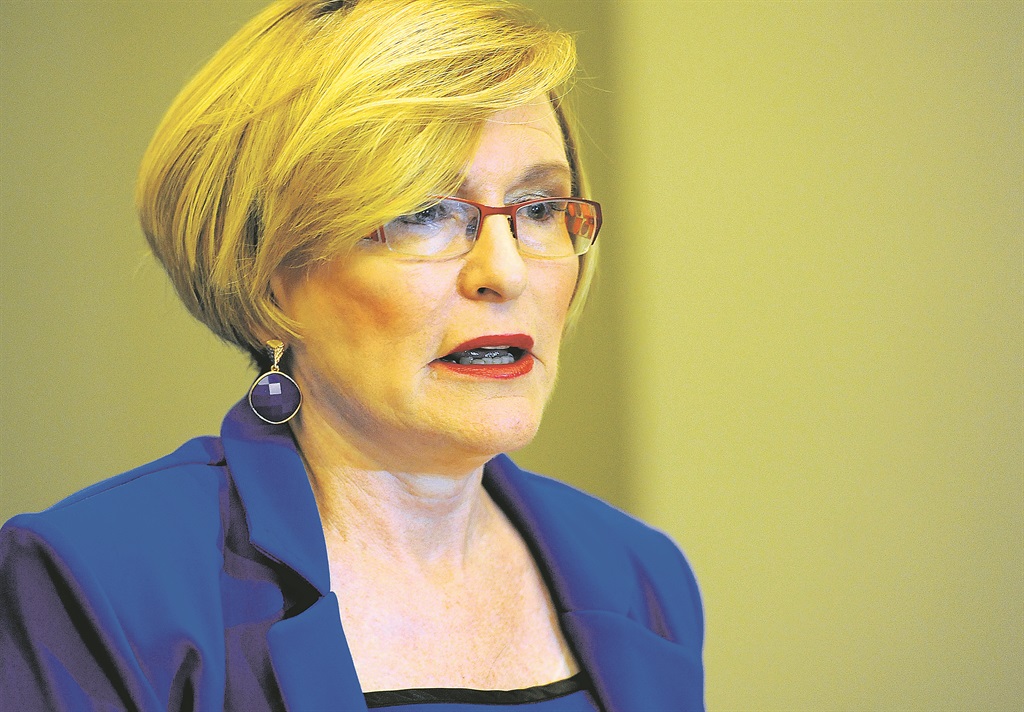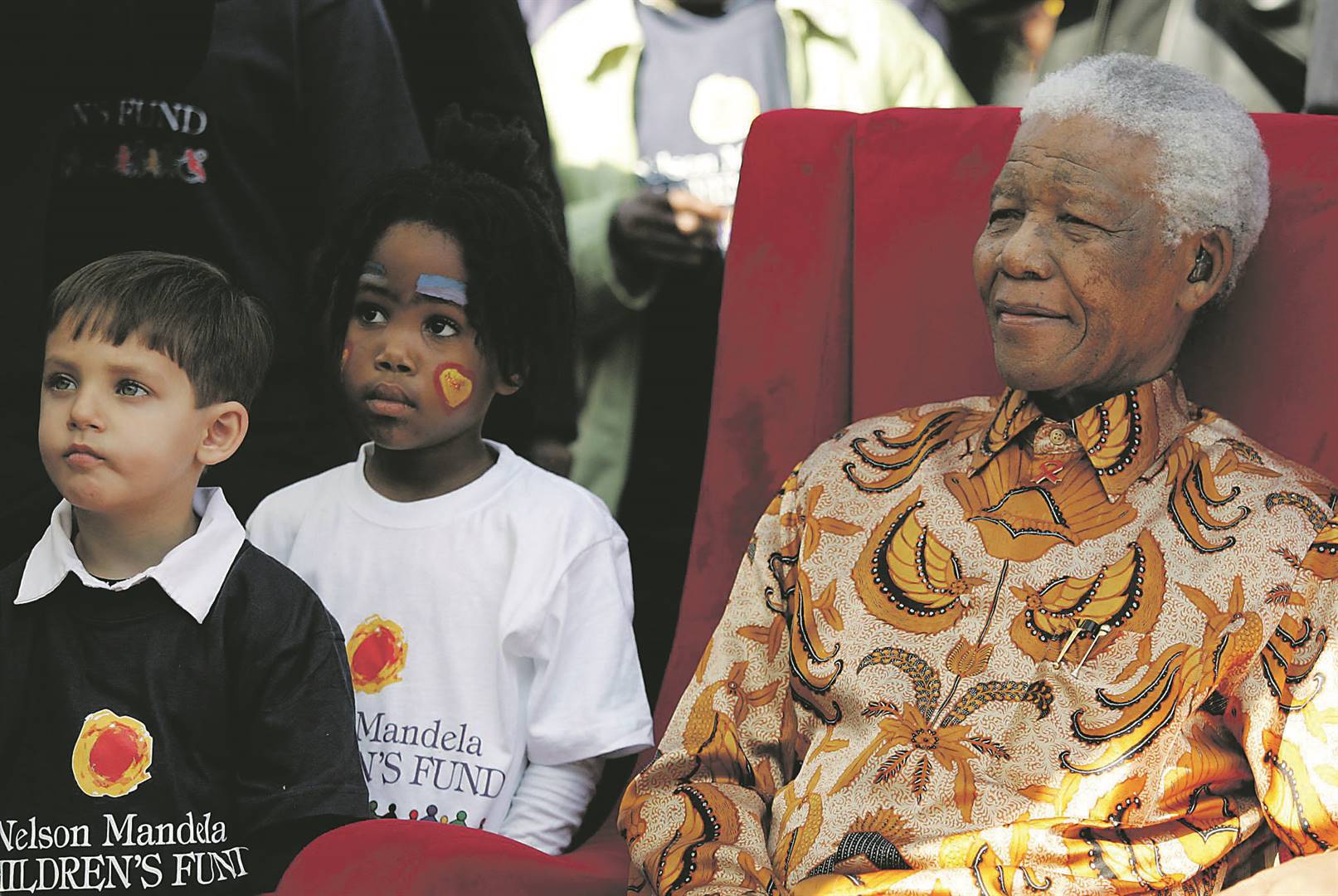As we begin a new voyage, it is imperative for us to achieve a national compact that will ensure we transcend the complex shadow of our past
Roman stoic philosopher Seneca once said: “When a man knows not to which port he sails, no wind is favourable.”
The ship that is South Africa is back on the sea, after a short hiatus for refuelling and crew adjustments.
As we resume our voyage, we have to ask ourselves where exactly we are off to and what concrete milestones we hope to reach in the next five years.
As Seneca advises, to pick the winds favourable to our mission, we need some clarity of purpose.
My reflections as a social justice researcher have led me to conclude that neither the Constitution nor the National Development Plan outline in concrete terms what the South Africa we want is supposed to look like.
In simpler terms, do we have a theory of change for our journey in pursuit of the constitutional promise?
As a social justice academic and activist, I have been reflecting a lot on the mess we found ourselves in regarding confronting and dissipating the complex shadow of our unjust past.
Key to the mess is the enormity of social disparities – principally along the contours of apartheid – amid a lack of consensus regarding how much of those can be attributed to 342 years of colonial and apartheid rule, and what to attribute to corruption, maladministration, regulatory failure and policy dissonance within the dictates of the Constitution.
I found myself pondering these after tea with former Western Cape premier Helen Zille recently.
A number of questions kept coming up.
Our recent national conversations have tended to focus on President Cyril Ramaphosa’s fitness to captain our beloved country.
We have been watching all his moves like hawks, hoping for signs that we can trust him.
We have already been cautioned by City Press editor in chief Mondli Makhanya that we should not give Ramaphosa messianic status.
Read: Mondli Makhanya: Let us kill this temptation to turn Ramaphosa into a god
An equally pressing thought, I believe, is clarity on the nature of the voyage we seek to undertake.
We also need clarity on the role of business and civil society.
The dialogue between Zille and me started with our cordial Twitter disagreement on the nature and existence of white privilege today.
Zille had argued that white privilege, which existed under apartheid, was gone and what we have today is black privilege reflected in the power to loot and still be elected into public office.
I had disagreed on both the supposed non-existence of white privilege and its replacement with black privilege.
As I reflected on the issue in preparation for our tea, it dawned on me that the white privilege discord was the tip of the iceberg.
This, and the land question, stem from the fact that our constitutional compact did not include a clear socioeconomic compact acknowledging the effects of our unjust laws, agreeing on what a healthy state of affairs should look like and committing to mutually affirming pathways to achieve our desired end state.
During my visit with Zille, I opined that our disagreement and retarded progress on social justice principally stemmed from the fact that, as a nation, we did not concretise our vision of the South Africa we want.
We also did not quantify the effect of all those discriminatory laws during colonial and apartheid rule on race-based inequality and poverty.
As a result, we have been muddling through for 25 years.
We had a sense that we needed to transform South Africa into a society of equals both de jure and de facto.
But it had become clear to me and my team that our nation had no idea where we were taking off from.
We had no idea what the nature and extent of racialised poverty and inequality were, nor the nexus between present disparities and past unjust laws.
I maintained that white privilege was a national and global reality.
Noting that Zille was struggling with this, I clarified upfront that white privilege is a global phenomenon that transcends economic advantage to the extent that even a homeless white person is a beneficiary of the sociopsychological aspects of white privilege.
Global white privilege is, in essence, about a world that is modelled around you as the ideal human being, the highest form of human expression, worthy of human dignity, rights, respect and even deference.
In South Africa, white privilege is a product of historical racial domination, and the philosophies that anchored the expression and implementation of apartheid policies.
During our talk, I outlined some of the laws and policies that dehumanised Africans in South Africa from as early as the 17th century.
I opined that what we have not grappled with is the effect of all of these laws, policies and actions on the social structure and national psyche.
On the question of our national psyche, I recalled a story I had told about teaching eight-year-olds about social justice, focusing on remedial justice.
Told by a colleague during my Harvard advanced leadership fellowship in 2017, the story dramatises the impact of unjust exclusion on future equality.
In response to a child who asked why preferential points were given to black people, women and people with disabilities, the teacher staged a historical injustice scenario by making some of the students wear blue and others wear pink.
The blues were given a head start, while the pinks were forced to wait until a third whistle.
Despite their protest on the unfairness of it all, the pinks were forced to stand while the blues ran.
When the pinks were finally allowed to enter the race, the blues were miles ahead, which resulted in the pinks only catching up with the slowest of the blues – that is the nature of the compound advantage and disadvantage that our unjust past bestowed on us.
We acknowledged the unjust past, but did not come to a conclusion on the nature of the shadow it continues to cast on us.
We did agree, though, that BEE, as currently conceived, will not redress the socioeconomic imbalances inherited in all areas of life and even the economy, and that corruption and policy dissonance have been compounding factors.
But there was no consensus on how much of the present mess can be attributed to that and how much can be attributed to apartheid rule.
People’s hopes have been heightened as all political parties made promises, particularly to the poor regarding the constitutional promise of an improved quality of life with no one left behind.
What is to be done, as Lenin once asked? Who must do what? What’s our role as civil society?
I believe there’s a need for a gathering to reach that social compact. We have a social justice summit and conference coming up in August under the Social Justice M-Plan.
This may be the ideal platform for discussing and arriving at a national compact on transcending the complex shadow of our past.
Until then, let’s all continue to do what we can, knowing that, if you want peace, you must work for justice.
We also need to ensure we collaborate. As Ethiopians say, “When spider webs combine, they can tie up a lion”.
Former president Nelson Mandela stated that the most pressing imperative of his generation was to deliver democracy – and they did.
I hope you agree with me that social injustice principally expressed through systemic poverty and inequality, particularly along contours of apartheid injustices, constitutes the most pressing imperative of our time.
You must also agree with me that, as we address these, we have to consider things such as sustainable environments, ethical governance and inclusive democracy.
Will we pass the test of delivering on our responsibility as citizens?
One thing is for sure – if we want peace, we dare not fail.
The starting point, of course, is to heed Seneca’s advice regarding ensuring clarity on where we are going.
Professor Madonsela is the law faculty trust chair for social justice at Stellenbosch University, and founder of the Thuma Foundation and the Social Justice M-Plan
TALK TO US
What do you think needs to change in SA to achieve clarity of purpose?
SMS us on 35697 using the keyword COMPACT and tell us what you think. Please include your name and province. SMSes cost R1.50. By participating, you agree to receive occasional marketing material




 Publications
Publications
 Partners
Partners










